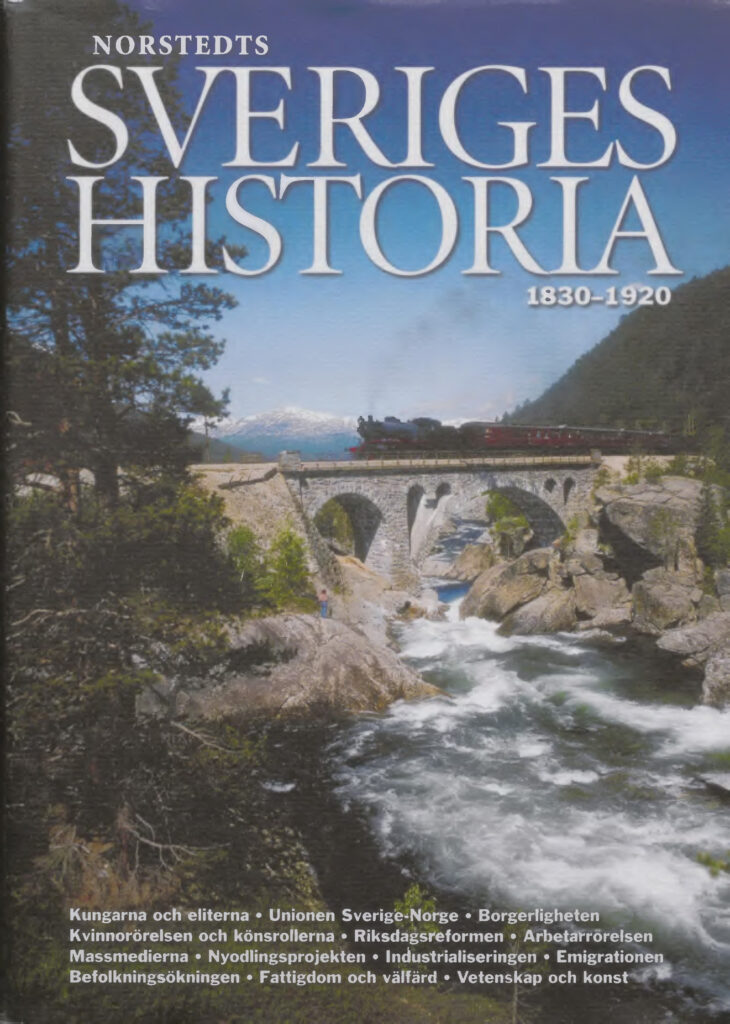(Sweden’s History 1830-1920). Stockholm: Norstedts 2012. 712 pp

Abstract
The focus of the book is on the emergence of the modern mass society under intense
struggles about how to shape the future. The period between 1830 and 1920 was the time
between two major revolutions. Its distinctive mark was the belief in progress and the
opposition to this belief. The society could and should be improved through political and
economic achievements. However, the road towards democracy was not straight and easy.
The contradictions and the interest conflicts were often strong, because there were many
competitors about setting the agenda for the future. The outcomes of the conflicts were never
given beforehand. One frontline was between monarchical and people’s sovereignty. Many
conflicts in what from the 1830s onwards began to be called the social issue looked for their
solutions. The same is true for the struggle between employers and employees, organised
capital and organised labour. Other stumbling-blocks were the education issue, the place of
the Lutheran state church in society, and the emerging feminism. All these conflicts were
negotiated in a country that ever more came to be marked by mass media and new
consumption opportunities. The book also describes how Sweden became a small power
surrounded by big powers. The oppositions and conflicts between Russia, Britain, and, from
the 1870s, Germany, made it crucial for the Swedish political elite to define and find a
realistic power position in the Baltic region. The foreign politics were consequently
contested. An important point of this conflict dealt with the Union Sweden-Norway (1814-
1905). Sweden is seen in a global and European perspective from the viewpoints of politics,
economy and culture.




































